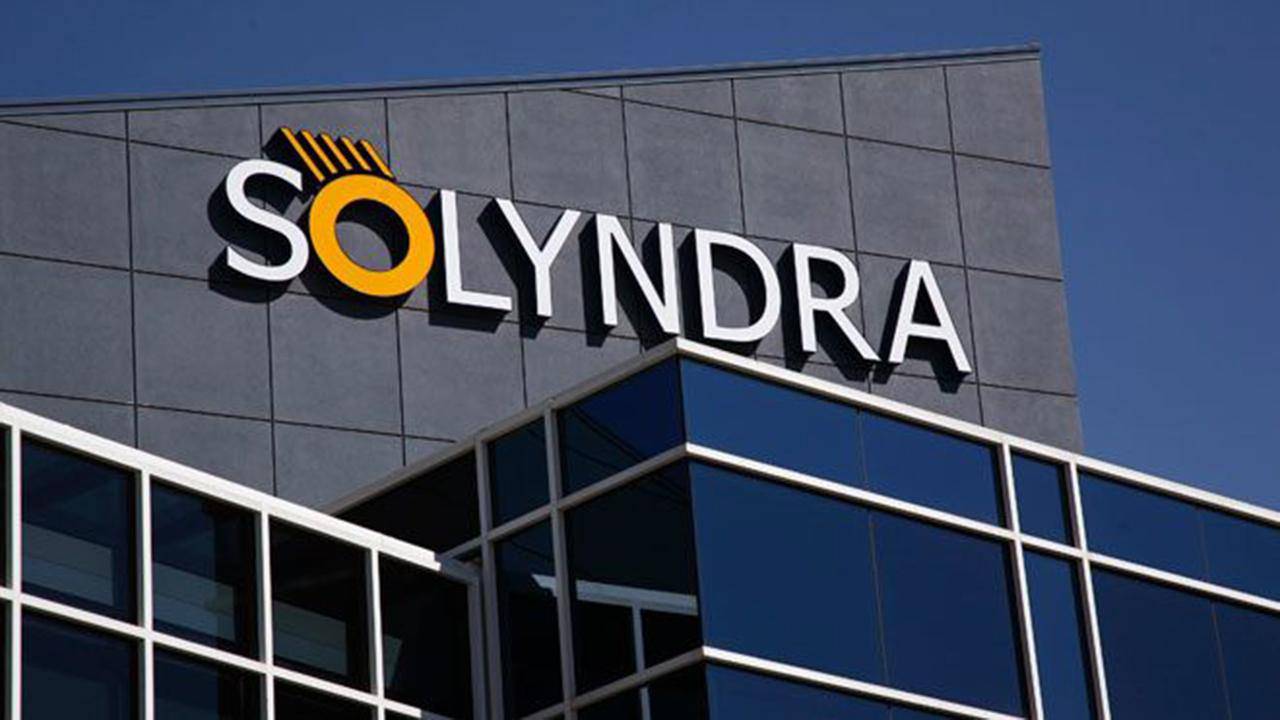Solyndra: Failed Cleantech Revolution
Cleantech market
In the 2000-s, this was the main star of the cleantech industry. Solyndra produced solar panels and raised $1,6 billion in total, including nearly $540 million from the US government.
The startup is among the top 5 largest venture fails in the history. Notably, 4 of them relate to the market of cleaner technologies. It made a great leap and then collapsed leaving founders with nothing overnight.
Only less than 2% of cleantech companies established in the first decade of the 21-st century managed to succeed. It is way lower than a standard venture survival rate. With its quick rise and fall, Solyndra became a symbol of this epoch.
In the mid 2000-s, the cleantech industry sparked investors’ interest. They were captivated by energy technologies committed to saving the world. The global valuation of cleantech market quickly reached $1 billion.
Background
Solyndra was founded by Chris M.Gronet in 2005. It was engaged in producing solar panels focusing on a new technology for reducing polysillicon in manufacturing.
Due to the limited polysillicon production capacity, its cost was swiftly growing which made Solyndra’s solutions highly competitive.
To raise funds, Gronet took advantage of the government’s interest in green revolution — they allocated $45 billion to support cleantech startups.
Turning point
Solyndra was expected to reach a billion sales by 2012. However, Gronet relied on abstract numbers and indeed customers were ready to buy only a small share of this volume.
The startup provided these false forecasts to many big-name agencies such as Goldman Sachs and Fitch who fueled the rumors about its upcoming success.
In 2005, funds and banks started to realize Solyndra’s blurry prospects. The market was about to be brimming with polysillicon and its price per kg went down from $500 to $20. On top of that, it was difficult to compete with powerful Chinese players.
In 2011, the startup wasted all the raised funds and announced its bankruptcy leaving 1,000 workers unemployed.
What do you think was the failure cause?




No comments yet
Be the first to share your thoughts!